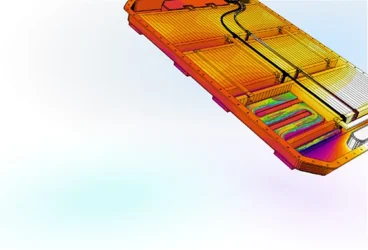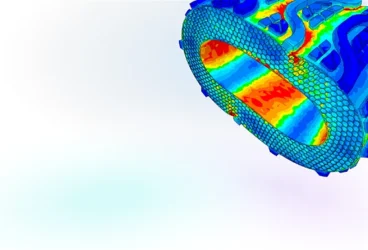Evgenii Varseev, a long-time SimScale platform Power User and Summer Breeze Contest 2019 finalist, recently conducted a training course in Indonesia dedicated to teaching computer simulation codes. This exclusive training course was conducted at the Indonesian State College of Nuclear Technology (STTN) under the National Nuclear Energy Agency (BATAN), Yogyakarta, and implemented practical training modules with the help of SimScale’s academic program.
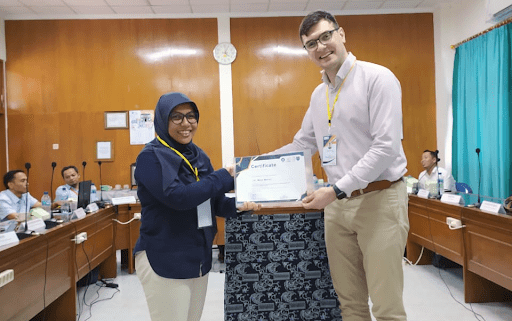
For the past four years, Evgenii Varseev, an expert in his field from Rosatom Technical Academy, has been conducting international training courses with a focus on specific simulation applications for nuclear reactor safety analysis. During the course in Indonesia, he used computational fluid dynamics (CFD) with the SimScale online platform to demonstrate different approaches to solve application-related problems using a best-estimate thermal-hydraulic simulation for a group of 16 trainees with diverse backgrounds and experiences.
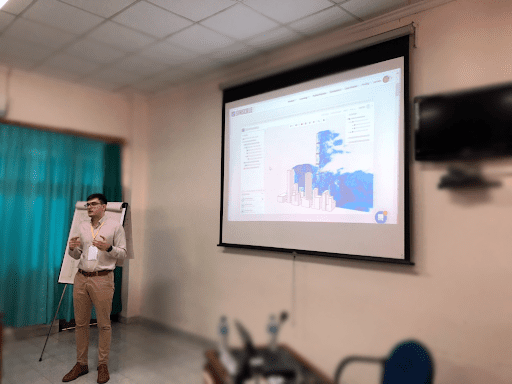
The course is part of a hands-on tutorial series, a training module called “Practical session on simulation using open source CFD software” which consisted of classes explaining the four main stages of the cloud-based CFD simulation process:
- Preparing the problem (model, mesh, etc.)
- Configuring the case (simulation setup)
- Simulation runs with iterative design changes
- Post-processing results

“It was fun to demonstrate my case on the screen for everyone in the class and not worrying about licensing, workplace configuration, and problems with hardware available on personal laptops of participants. I was focused on the training process itself; the case structure and explanation of physical aspects, best practices in preparing and setting up the case, and being confident that no essential aspects are excluded.” Evgenii Varseev
For this training course, Evgenii presented the case of OECD/NEA-Vattenfall T-Junction benchmark. He invited participants to copy a public project accessible through SimScale to explain the basic stages of convective heat transfer simulation, from case configuration to post-processing the results via the online simulation platform.
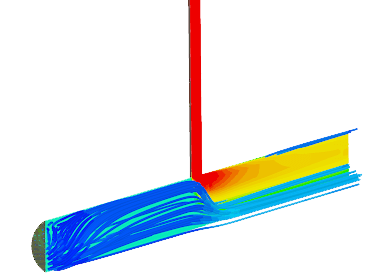
The participants praised the overall course as well as the practical exercises. The training highlighted the simplicity of the platform to participants, and the power of HPC under the hood of SimScale allowed them to simulate relatively large meshes fast enough to post-process within the time-frame of the class.
“SimScale is a perfect tool to demonstrate essentials of CFD simulations for newcomers to the field, and we are very happy to have the opportunity to use it,” mentions Varseev.
Want to Read More About SimScale’s Academic Workshops?
- SimScale’s Student Ambassador Holds Biomedical Engineering Workshop
- Aircraft Design Workshop
- DIY 3D Printer Workshop
